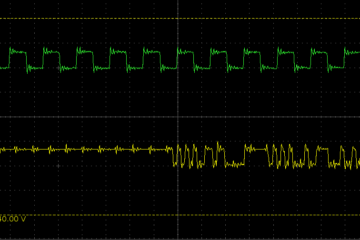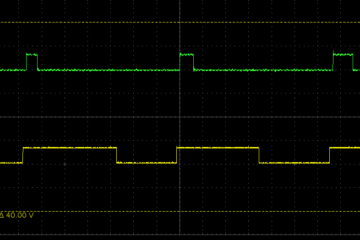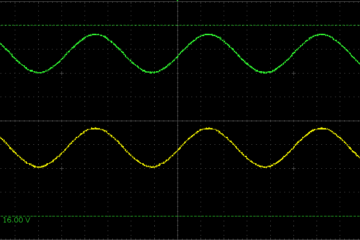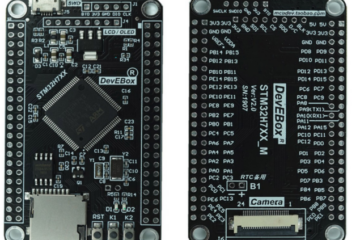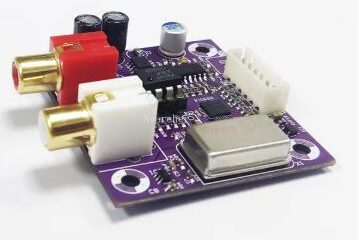Arduino AudioTools V1.0.0
I finally managed to release the 1.0 version of my Arduino AudioTools library. It contains all the functionality that I have initially planned for and compared to the 0.9.9 release consists of a major restructuring of the source code directory. I was conducting a poll, to confirm if I should go ahead with this change and a majority of users agreed to have this implemented. Here is the new directory structure: All the core functionality Read more…
